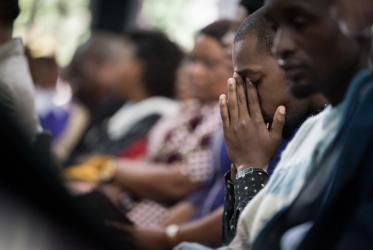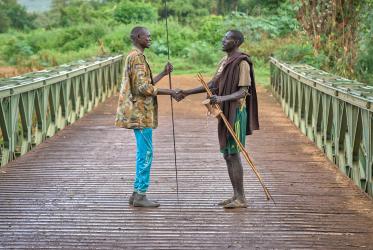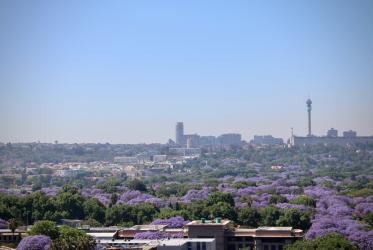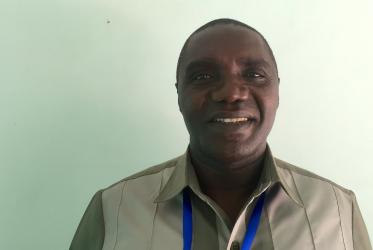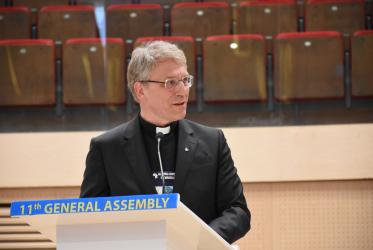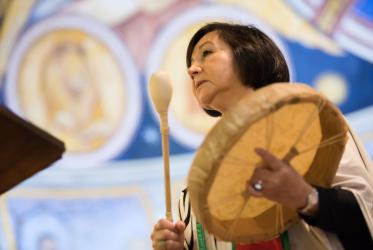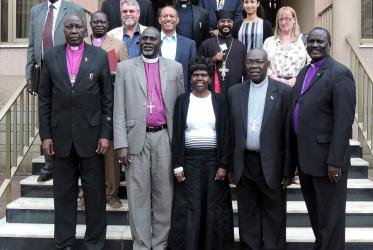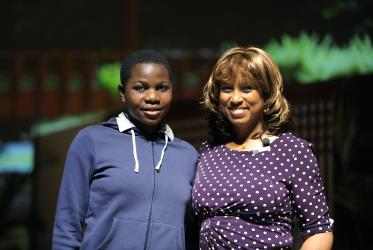Displaying 1 - 20 of 21
28 July 2023
Calls grow globally for peace and accountability in South Sudan
24 September 2021
South Sudan church leaders offer Christmas season roadmap for hope
21 December 2017
Patriarch Matthias: “Peace is the message of every day”
10 February 2017
Advocates urge transition to low-carbon economy, clean energy
09 November 2016
WCC conference explores ecological injustice in Uganda
21 April 2016
Issues of justice in focus at WCC Busan assembly
06 November 2013
